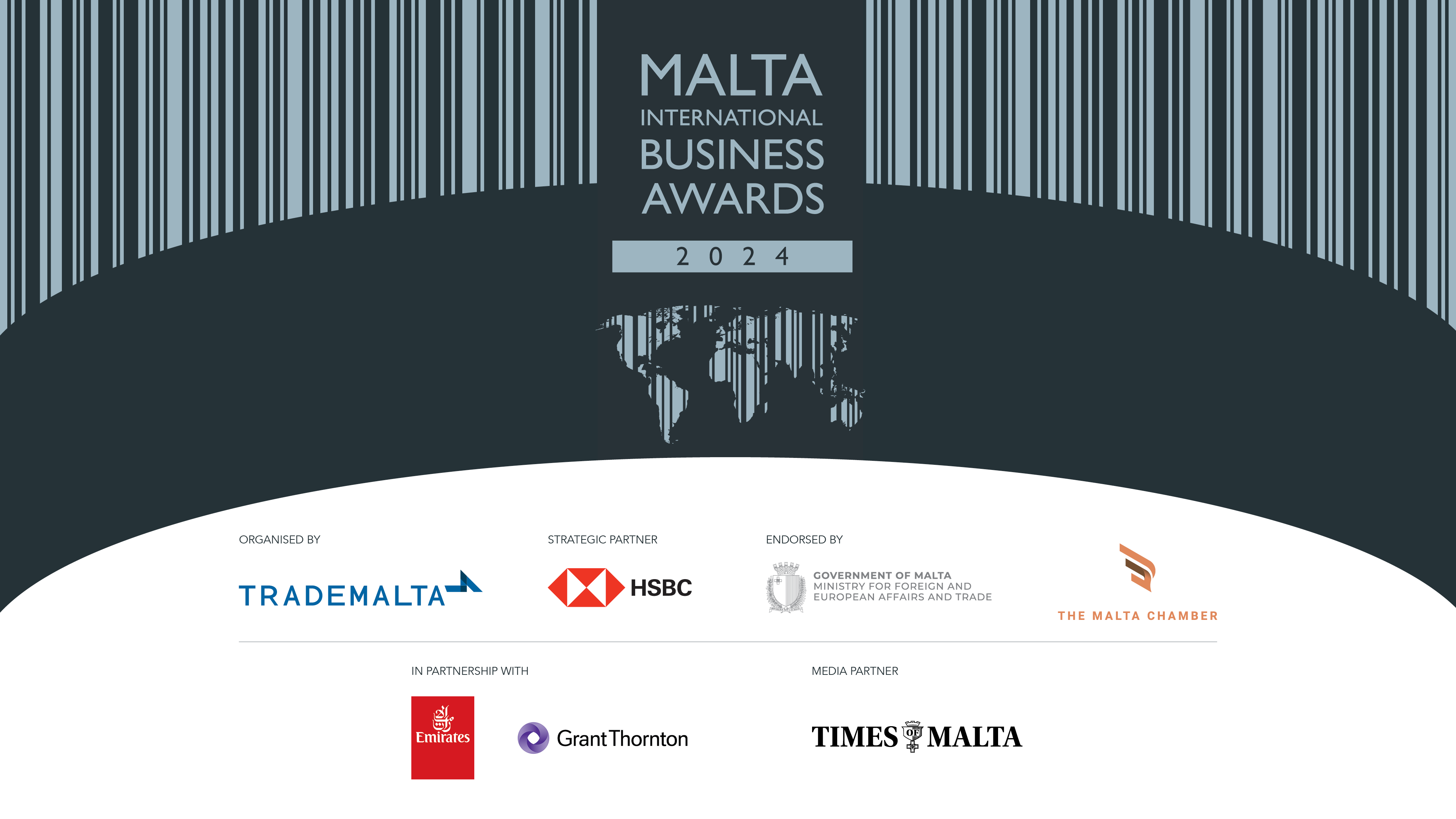As part of Bank of Valletta’s 50th Anniversary celebrations, an art exhibition titled “Inwaħħdu xbihat minn kullimkien” was inaugurated at the Museum of Fine Arts in Valletta. The exhibition is a showcase of the Bank’s vast collection of modern and contemporary artworks. The title “Inwaħħdu xbihat minn kullimkien” is taken from Achille Mizzi’s poem “Skorfon” (Il-Kantiku tad-Demm), reflecting the vast collection of artwork on display, and drawing its imprint from the nature of the exhibits and the way the Bank’s art collection evolved over the years.
Bank of Valletta’s collection is, by Maltese standards, a very large one, counting over 900 pieces. It is a collection that has evolved rather randomly, with works that were primarily meant to decorate reception areas, offices, and boardroom walls. They largely date from the 1970s to the early 2000s and most works were purchased directly from the artists.

In its vastness, the Bank of Valletta’s collection provides a snapshot of Maltese art, with works by both prominent and less prominent artists. The works reflect the realities of the Maltese art scene and understandably vary in style and significance. The collection is largely composed of landscape paintings and abstract works of small to medium size. They are mostly executed in traditional media, without breaking much into experimental forms.
Whilst inaugurating the exhibition and also welcoming all those present, Dr Gordon Cordina, BOV’s Chairman, stated that the Bank has always been at the forefront in supporting the community at large and supporting the local art and culture scene. “This is yet another event where the Bank is looking to the past but investing in the future, seeking to leave behind a better world for those who come after us. Curator Prof Keith Sciberras did a sterling job in identifying and highlighting the work of the protagonists in a curated display that mirrors much of the artistic concerns and production of modern and contemporary art in Malta.”
Mr Kenneth Farrugia, the Bank’s Chief Executive Officer, said that during its 50-year history, BOV has also provided continuous support to the local artistic scene since this forms part of BOV’s community investment in arts and culture. “As the leading Bank in Malta, we are constantly committed in nurturing artistic talent, for the benefit of the local community. We are proud to host this event and give the visiting public a unique opportunity to experience local art at its best. These initiatives are supportive of our ESG strategy which resides at the core of the Bank’s strategic initiatives. It is the firm intent of the Bank to continue investing in the local talent in the years ahead of us.”
Mr Farrugia continued by making reference to the Bank’s social initiatives, forming part of the Bank’s CSR programme. “These initiatives are aligning with other efforts we are taking to support our ESG strategy to give back to the local community. This is highly important for us, and we will continue to focus our efforts on unique opportunities that will be of benefit to the community that we service.”

During the selection process for “Inwaħħdu xbihat minn kullimkien”, Prof Sciberras identified and highlighted the work of the protagonists in a curated display that mirrors much of the artistic concerns and production of modern and contemporary art in Malta. In their attempt to embrace international references, the works on display dialogue, albeit sometimes hesitantly, with artistic realities primarily in England, Italy, and France, where several of these Maltese artists trained or studied.
Prof. Sciberras stated that “the concept of the exhibition entitled flows through three main chapters, or rooms, set out in the Camerone of MUŻA – the National Museum of Arts, Valletta. They are respectively dedicated to works on paper (Karta / Paper), landscapes (Art / Earth), and abstract works (Ħsieb / Mind). A smaller, but significant, room is dominated by one single, large figurative work by Anton Calleja. The exhibition also combines art and poetry in a dialogue that mirrors the ‘ut pictura poesis’ tradition, where poetry and painting engage in a dialogue or friendly ‘paragon’. The poet of choice is Achille Mizzi, and extracts from his work, selected by Immanuel Mifsud, accompany the titles of exhibition rooms.”
Prof. Sciberras continues that the fifty-eight works from 32 artists on exhibit display considerable visual coherence, but at the same time underline individual interests and idioms. The concerns here are mainly with aesthetics and rendering and notably do not engage in depth with commentary on political and social controversies and debates of that time. Colour, light, form, and expression unite (iwaħħdu) this exhibition. In many ways, this reflects the general character of Maltese modern art.
BOV invites the general public to visit this unique exhibition which will be on display until Sunday, 8th September, 2024, at MUŻA, the National Museum of Art in Valletta.










